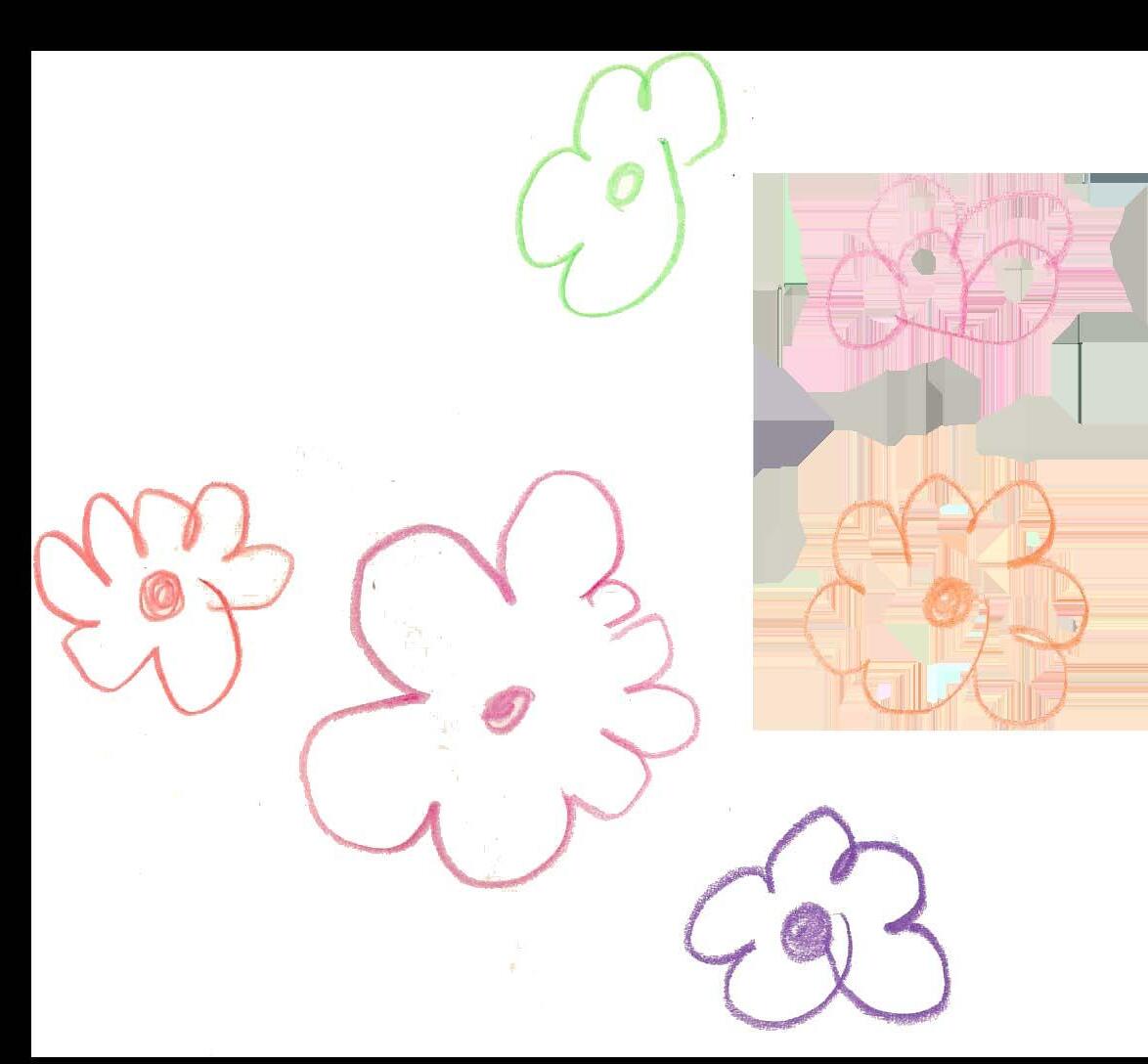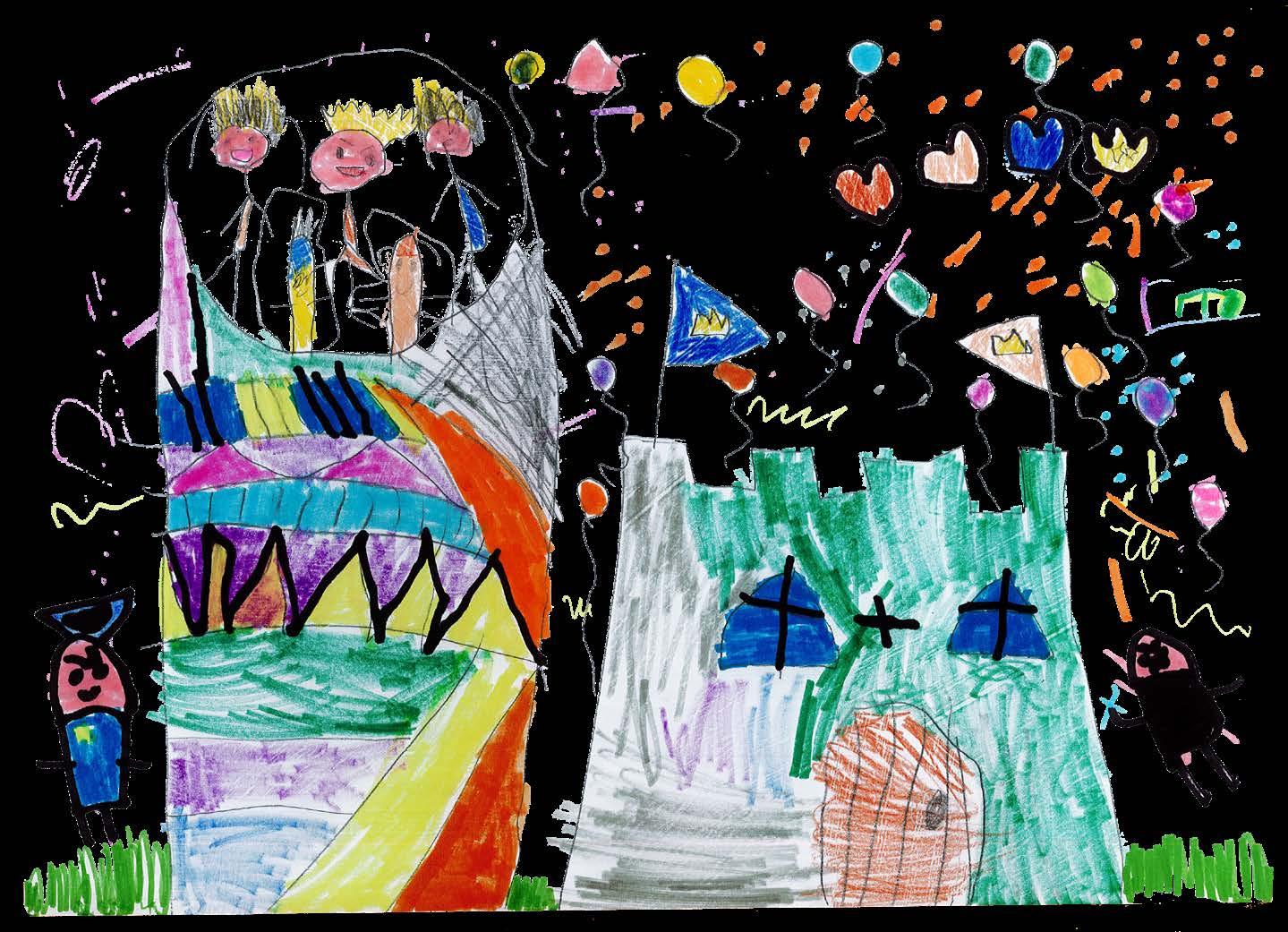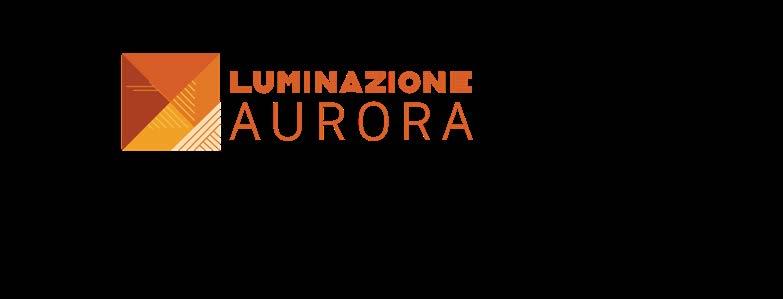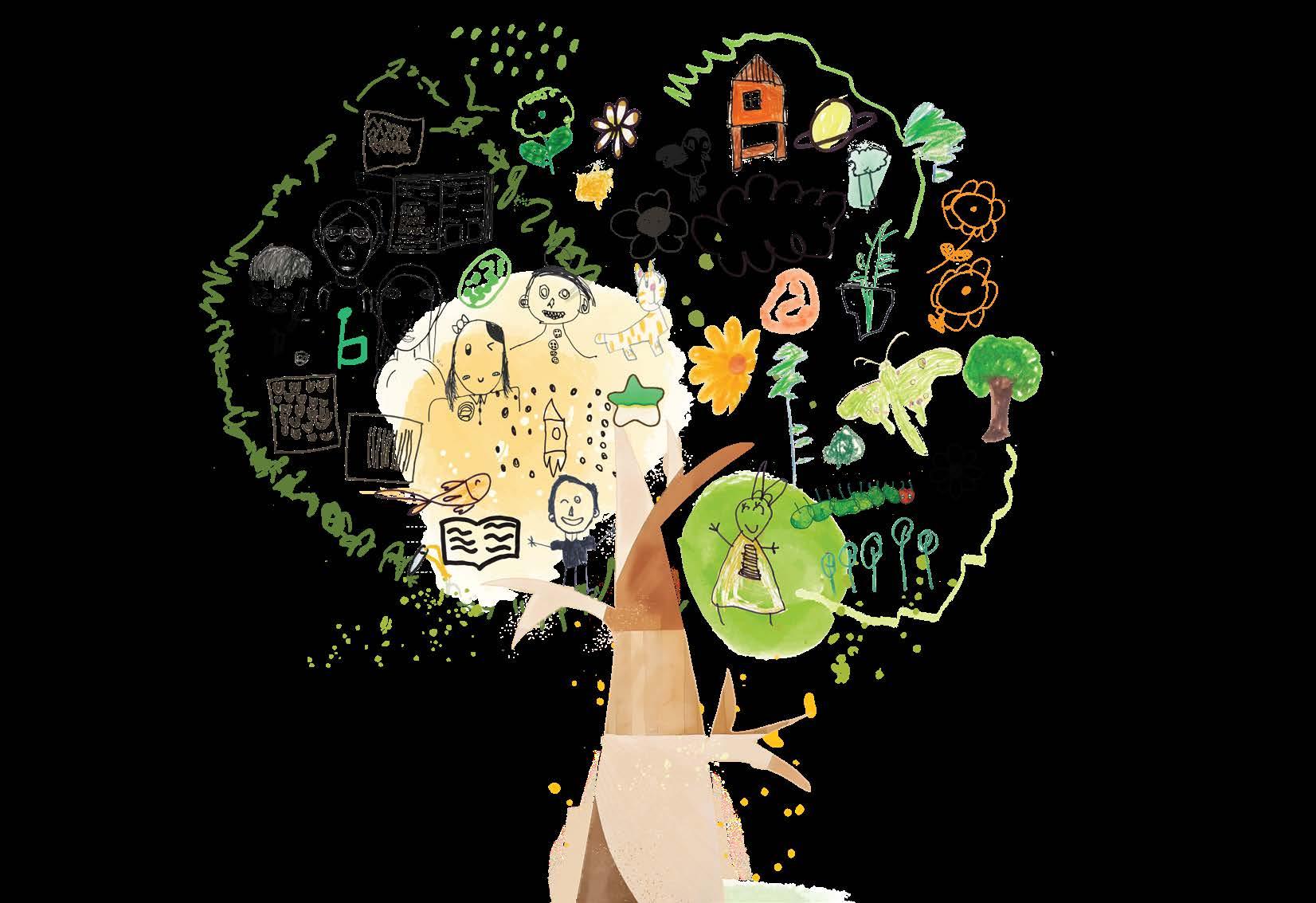
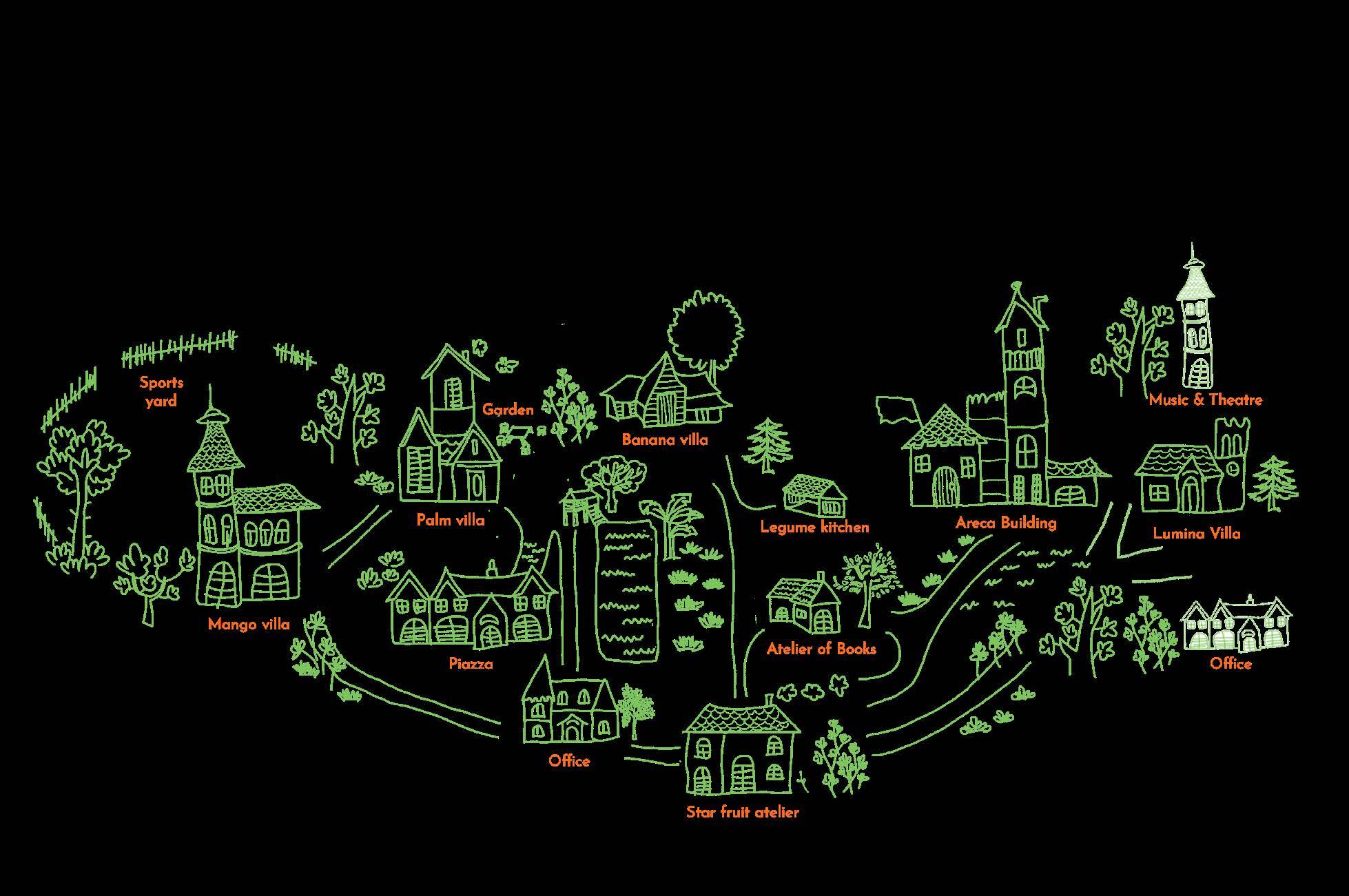
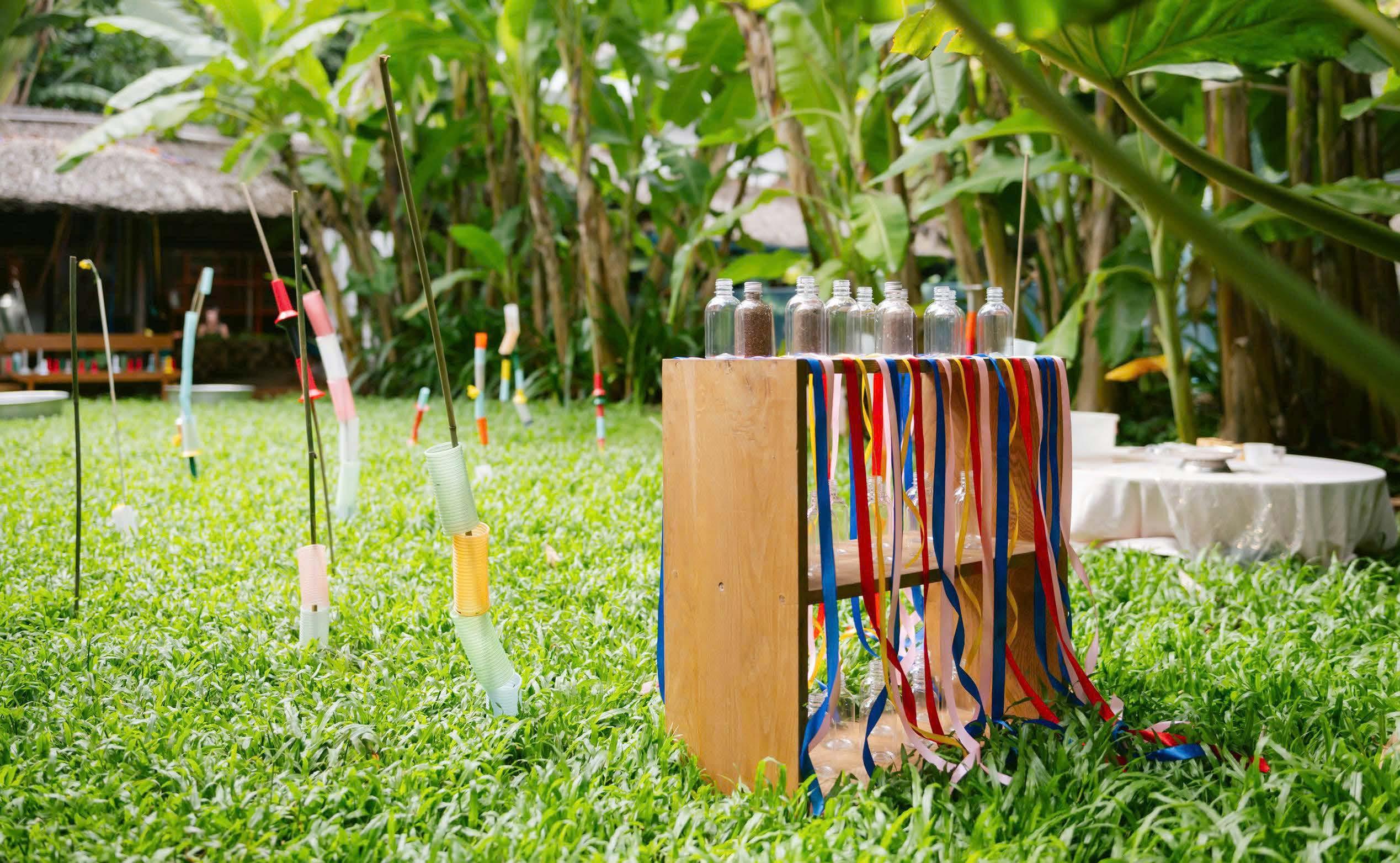
Welcome to






Welcome to


Children are active protagonists of their growth and development processes is our core value at Aurora Ecosystem.
Our educational philosophy is inspired by the Reggio Emilia Experience within a Vietnamese cultural context. With an emphasis on responsibility and community involvement, respect for living organisms and sustainability, at the core of our learning experiences.
At the centre of our educational philosophy is our image of the child: a competent child, full of potential and curiosity, active in constructing his or her own knowledge through interactions with others and the environment around them.

Our environment is conceived as “the third teacher”, designed to support a sense of familiarity, reinforce a sense of safety, and foster exploration and discovery.
We believe that children have the capacity for representing ideas and constructing knowledge in a variety of symbolic and graphic modes. This approach emphasizes the importance of children’s symbolic language, conceptualise as the “100 languages”, where ideas and knowledge-building are expressed through many creative processes, such as speech, writing, drawing, painting, sculpture, construction, music, movement, and shadow play.
Our curriculum emerges through collaboration and a continuous dialogue between teachers and children as teachers observe, interpret, and document each child’s learning journey. It is a curriculum that is accountable for learning in an authentic, emergent way, that is flexibly adjusted as children pursue extensive investigations of their world, guided by teachers who share their sense of adventure and amazement. Assessment is the process of observing, interpreting and documenting what our children do, know and understand.
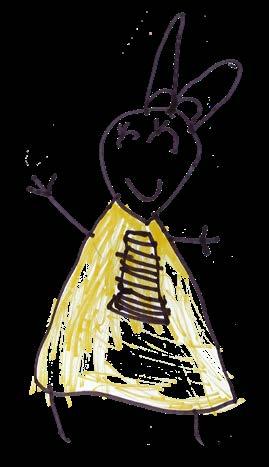

“Each child is the subject of rights. First and foremost, possessing the right to be respected and valued in his or her own identity, uniqueness, difference, and in his or her own rhythms of growth and development.”
(Preschools and Infant-Toddler Centers Istituzione of the Municipality of Reggio Emilia 2018).

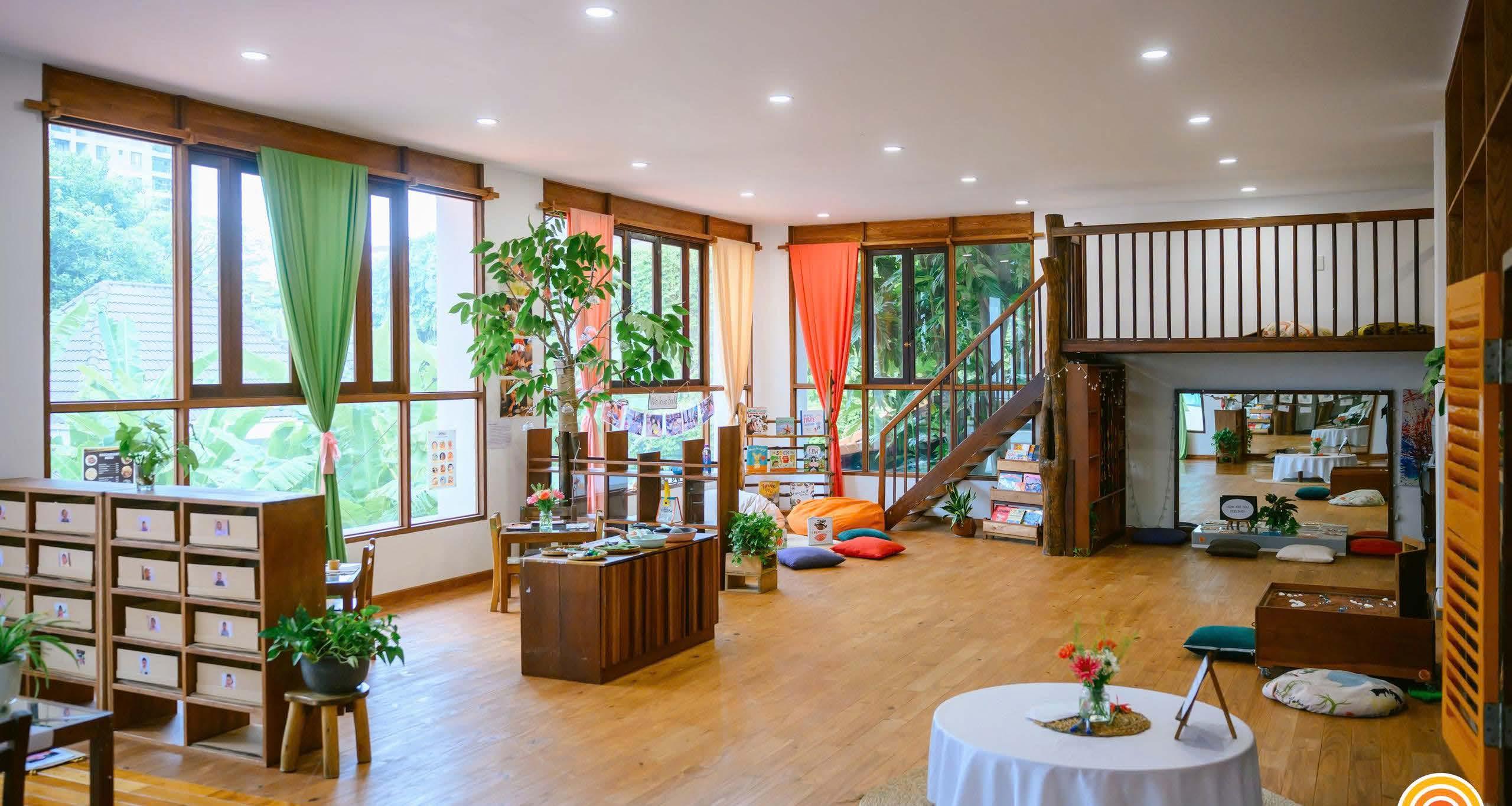
Dear Aurora Families,
Welcome to Aurora International School of the Arts.
For those of you returning, welcome back, and to those of you that are new, we warmly welcome you to the Aurora community.
We look forward to creating new adventures and fond memories with you and your child. We are very excited for the new school year, which will be filled with endless inquiry, exploration, investigation, and discovery. The following is a short briefing intended to ease you into the start of the school year.
Aurora International School of the Arts is a school inspired by the Reggio Emilia Experience and the New Zealand Curriculum to learning and teaching. The school was established and started designing the concept and facilities in September 2015. The School opened its doors to its first children in March 2016 in a setting chosen to embrace the concept of creating a peaceful and comfortable ‘home away from home’ environment for children to learn and grow in. The school fosters life-long learning for children aged 1 year to 15 years from Nursery, Preschool to Primary and Middle School, supporting self-discovery, imagination, and creativity.

With regards to child safeguarding, class teachers take daily attendance by 9:00 am. If the teachers have not been notified of a child’s absence, the school becomes concerned about the child’s whereabouts. If your child is sick or away for a single or multiple days, we request that you please notify the office and class teachers of your child’s absence. You may do it, verbally, telephonically, by email or through the Storypark App and Toddle App. It is imperative that we know that your child is safe at all times.
Regular drop off time will be between 7:45 AM and 8:30 AM, where you will be greeted by one of your child’s teachers upon arrival.
Lunch pick up is at 12:00 PM from Gate 11A – The Palm Villa
Regular pick up time will be:
• Nursery & Preschool: 15:30 – 16:00
• Prep, Primary & Middle School: 15:00 - 15:30
• Children who are on school bus : 15:15 – 15:30
• Children who are enrolled in an ECA: 16:15 – 16:30
Drop off and Pick up for the whole school is done at the following gates:
• The Mango Villa - Gate A - 11 Tran Ngoc Dien: Frangipani, Prep A and Prep B
• The Palm Villa - Gate B - 11A Tran Ngoc Dien: Agapantha and Gerbera
• The Banana Villa - Gate C - 13 Tran Ngoc Dien: Marigold and Camellia Class
• The Areca Building – Gate D - 15 Tran Ngoc Dien: Primary classes
• The Lumina Villa – Gate D - 15A Tran Ngoc Dien: Middle classes
Please remember to label your child’s belongings with your child’s name and class name.
School uniform is worn by Nursery and Preschool children on Mondays to Thursdays. For Primary and Middle School students, school uniform is worn on Mondays to Fridays.
Below is a list of what to pack into your child’s backpack on a daily basis. Please ensure items are labeled with their names. Teaching teams will provide additional packing lists, for class specific things.
• Backpack
• Hat
• Book bag: for Prep, Primary and Middle School learners
• Extra Clothing: Spare set of play-clothes, P.E clothes and sleeping clothes.
• Diapers/ Nappies: for the younger children
• Water bottle: Please label your child’s water bottle and ensure it is taken home daily and washed. Water is available for refilling at school.
• Toothbrush and toothpaste: If your child brushes their teeth at school, please kindly provide
• Mosquito Repellent: Provided by the school. If your child has sensitive skin, please bring your own. Mosquito patches/bracelets are also recommended.
• Sunscreen: Provided by the school, but you may send your own if preferred.
We would like to kindly ask for families to respect the school hours of operation. In the event of unforeseen circumstances leading to early/late drop off or collection, can you please let our office staff as well as the class teachers know. Your understanding on this matter is greatly appreciated.
*First Encounters with parents from 8:30 AM to 10:30 AM

• Swimming Costume: Required on days with swimming lessons or water playing sessions (teaching team will communicate this with you).
Aurora swimming towels ARE provided by school.

To maintain the general health of the children and adults present at Aurora, we follow basic hygiene principles such as handwashing and the use of appropriate cleaning procedures and supplies. We also adhere to the following policies regarding sickness and illness, administering medication and immunisation monitoring.
If your child is sick or unwell, the best place for them to be is at home with a parent or carer. At home they have the comfort of their familiar surroundings and can be cared for individually. Children who are unwell cannot function well in an environment which requires them to socialise and join in routines.
To ensure the welfare of all the children at Aurora we follow these procedures:
• If a child becomes ill during their day at Aurora we will contact the parent(s) by telephone, to ask for the child to be picked up as soon as possible.
• Whilst waiting for the significant person to arrive at school your child will be taken care of in the nurse’s room.
• In case we cannot get through to the parents we will call the emergency contacts listed on the enrolment form.
Some reasons a child may require early pick up:
• Vomiting
• Diarrhea
• Fever
• Suspected infectious diseases, for example conjunctivitis, Hand, Foot and Mouth, chicken pox, Covid - 19 etc.
General discomfort, uncharacteristic behavior (especially in the younger children who cannot verbalise their symptoms)
In the case a child is sent home with vomiting/diarrhea/fever we ask that they stay home for 48 hours after the last instance has occurred. For example, if your child leaves Aurora on Monday with a fever/diarrhea, the earliest they could return is Thursday. This ensures the child fully recovers and helps prevent other children from getting sick.
In the case of a fever, we require 24 hours if the child is displaying good health. A normal temperature is generally 36 -37C.
If your child has a temperature of 38 degrees C or above, we require you to come to pick them up. Your teacher may call you if your child’s temperature is 37.5 degrees C and your child is behaving out of the ordinary.
For infectious diseases such as HFMD a clearance letter from the doctor must be obtained prior to returning to school. In accordance with Vietnam regulations children must remain away from school for 7 days with medical report from hospital/ doctor. (According to Ministry of Health - Vietnam)
The school has a registered nurse to monitor children’s health and administer medication. Only medicine prescribed by a registered doctor may be given on the premises of the school. Any medicine not prescribed by a doctor will be refused by the teachers. Medication is to be handed over to the teaching staff in their hands with the prescription from the doctor and clear instructions to be administered. The class teacher will get you to sign a medication form. It is the parent’s responsibility to ensure that they collect the medication at the end of each day.


The daily routine and flow of the day varies from class to class and your child’s specific schedule will be shared by the class’s teaching team through the StoryPark and Toddle applications. Teachers will create an individual account for each child on orientation day.
Used/ wet/ dirty clothing will be sent home in the Aurora Laundry bag daily.
• Birthdays are a special time and at Aurora we celebrate each child’s special day.

• To ensure that the children all receive the same experience on their birthday each class will celebrate with only children in the class during a suitable time on the day. We thank you for your understanding. The teachers will document the celebration of your child’s day and share these with you at the end of the day so you can share the moments with your child and family.
• If you would like to offer a birthday cake to your child’s class, please drop it off with the teachers at morning drop off. They will keep it in the fridge (if necessary) until the time the children celebrate. Please do not send any sweets/candies, treats, lucky bags, gifts or anything other than a simple birthday cake.
• Due to Health and Safety regulations cakes (or any other food) must come from a licensed food vendor and so MUST be accompanied by an official shop receipt. We ask that all cakes are ‘nut free’, and as some children at Aurora have specific food allergies please check with your child’s teacher for more information.
Mr. Lester - Head of Primary and Middle School: lesterS@auroraschool.vn
Ms Penny - Nursery & Preschool Pedagogical Leader: pennyc@auroraschool.vn
Ms Trang - Head of School: trang@auroraschool.vn
Admissions team: admisisons@auroraschool.vn
Accountant team: accountant@auroraschool.vn
General information: info@auroraschool.vn

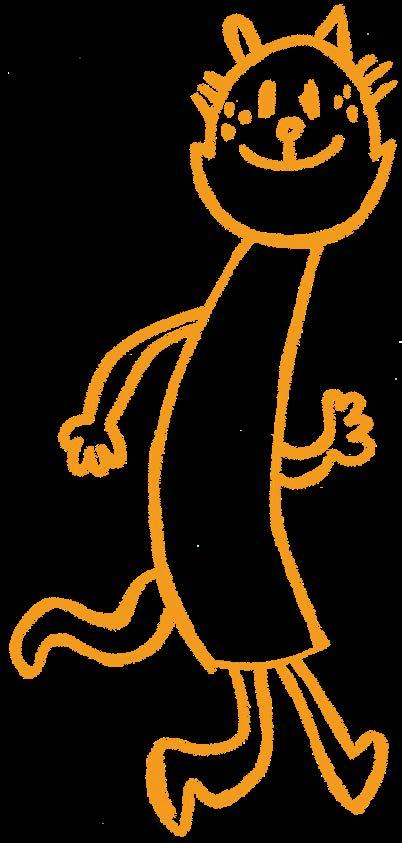
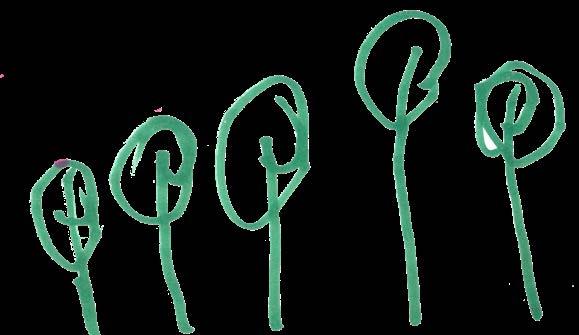
Mango Villa - Gate A - 11 Tran Ngoc Dien
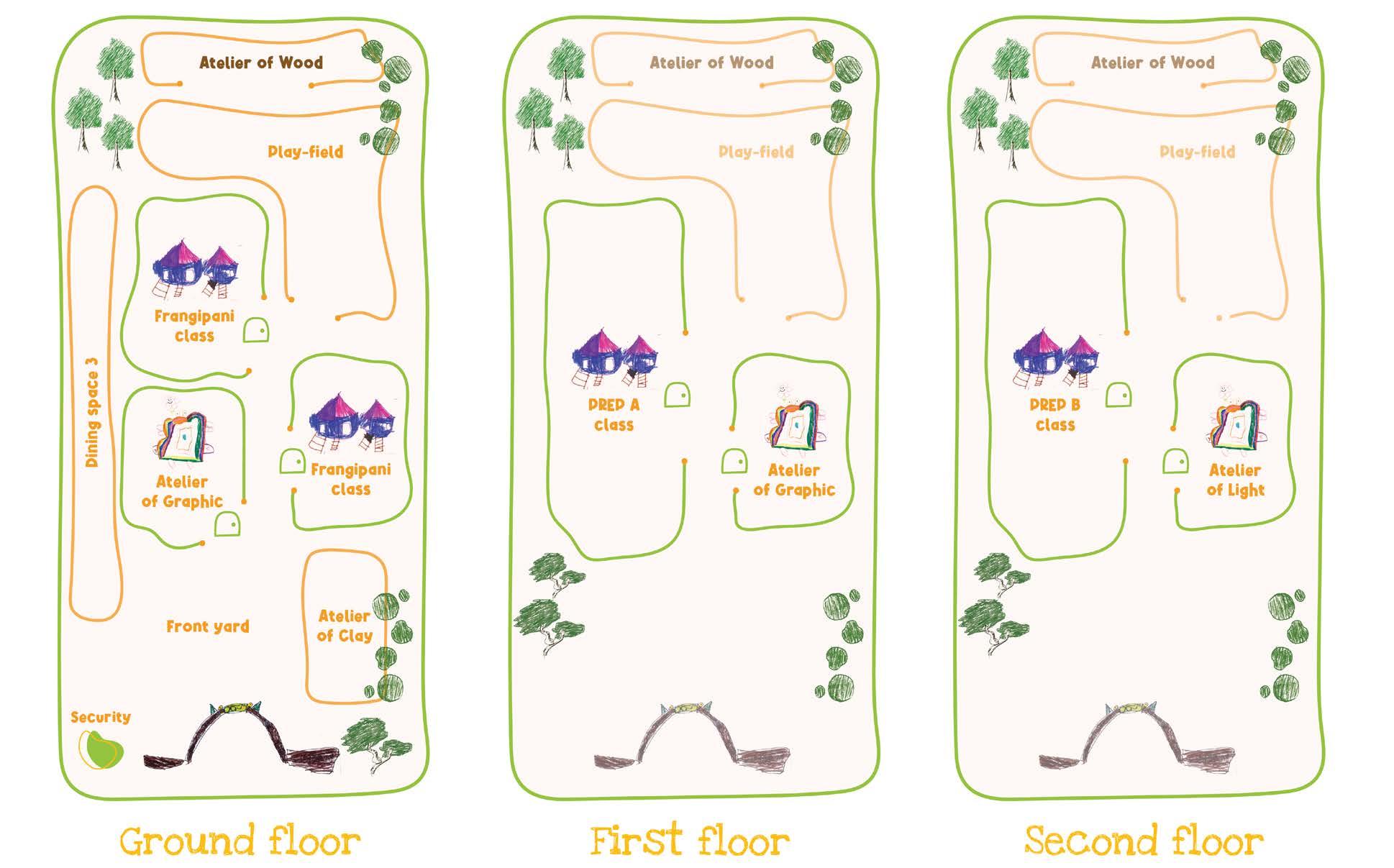
Preschool Classes
• Frangipani Class: 4 to 5 years of age
• Preparatory (Prep) Class: 5 to 6 years of age

Palm Villa - Gate B - 11A Tran Ngoc Dien
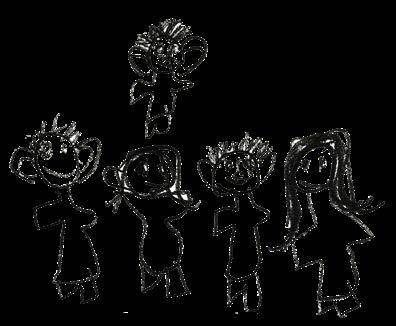
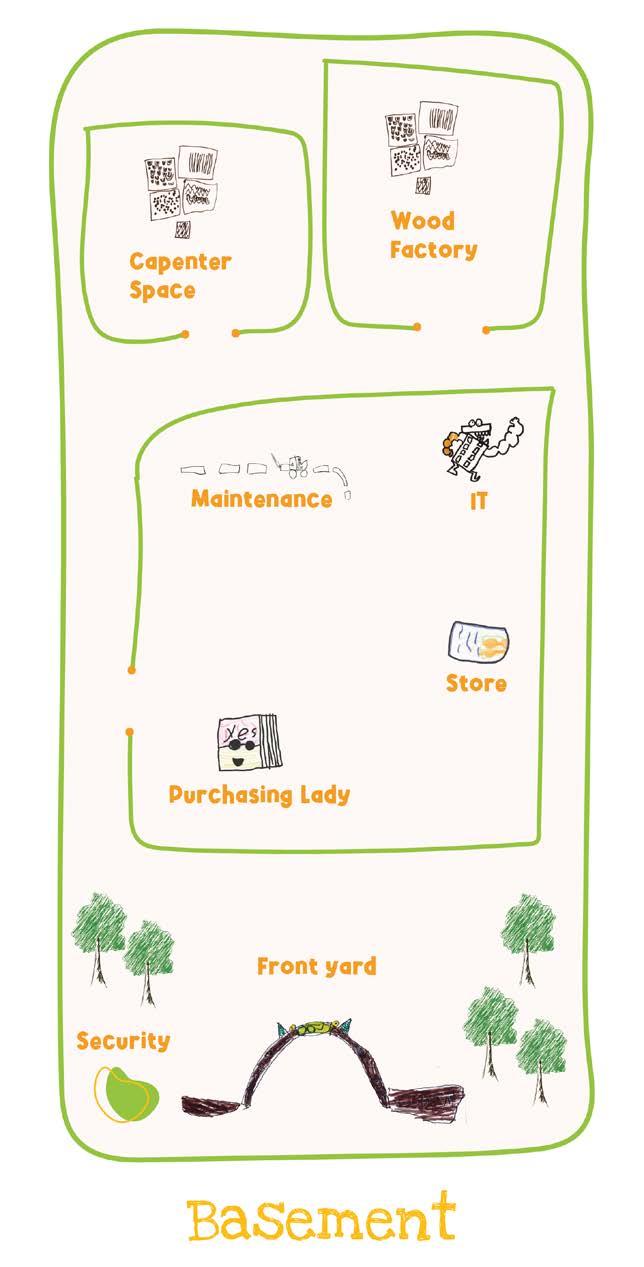

Preschool Classes
• Agapantha Class: 3 to 4 years of age
• Gerbera Class: 4 to 5 years of age
Banana Villa - Gate C - 13 Tran Ngoc Dien
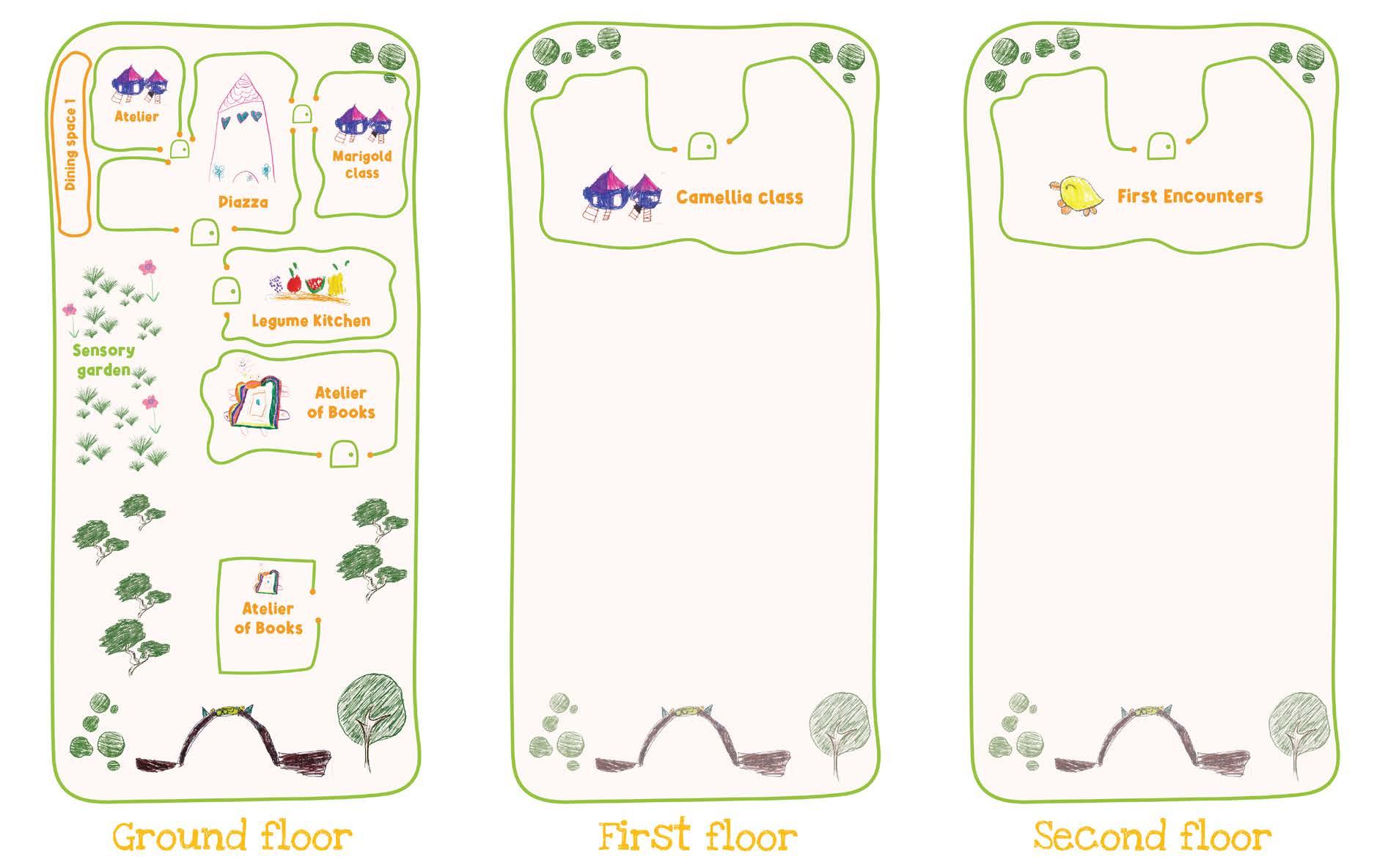
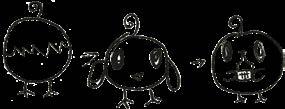
• First Encounters Project: 6 to 18 months of age Nursery Classes
• Marigold Class: 18 to 24 months of age
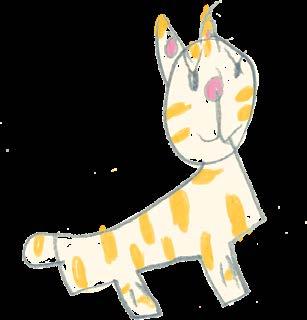
• Camellia Class: 2 to 3 years of age
The Areca Building - Gate D - 15 Tran Ngoc Dien
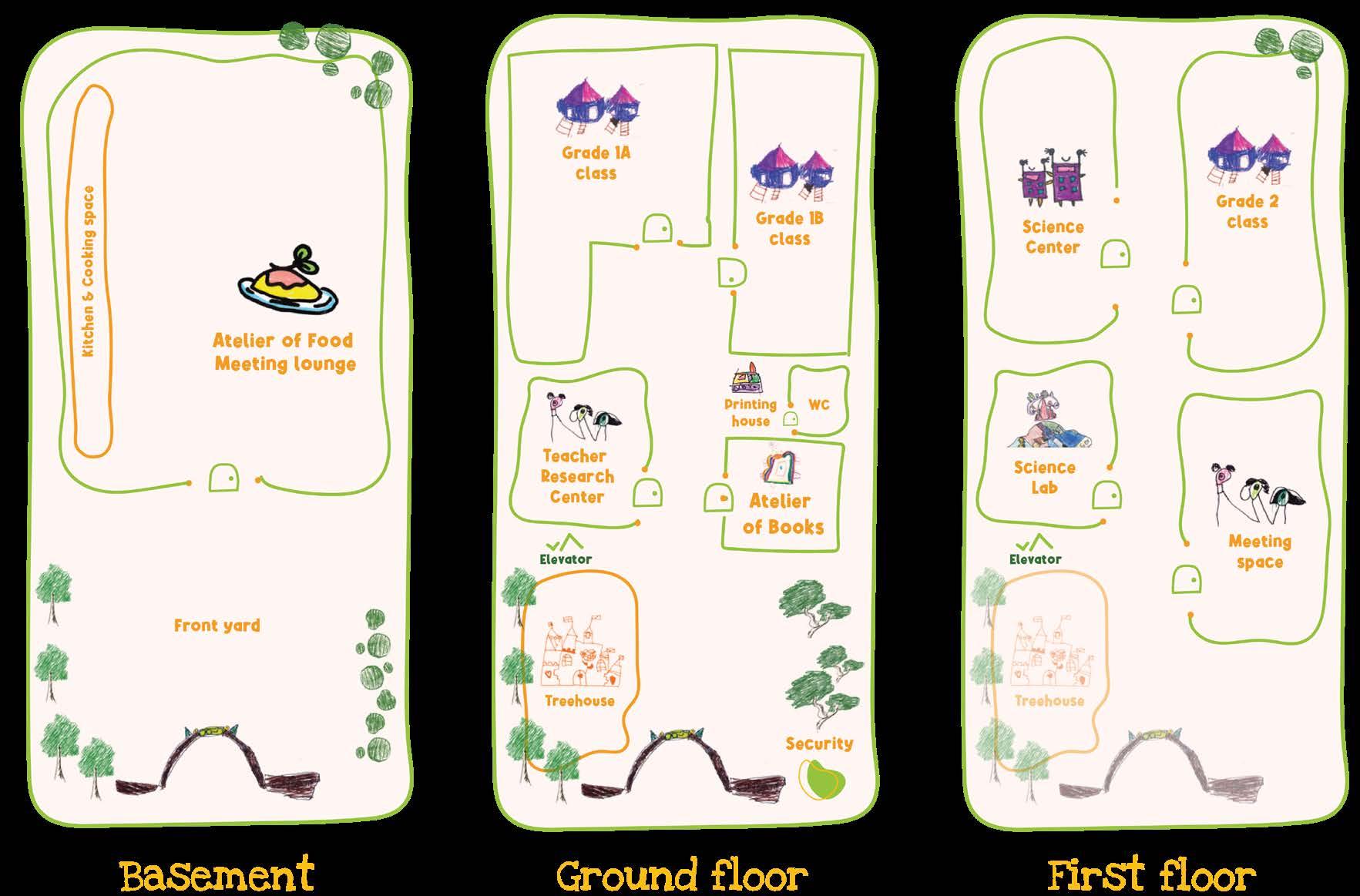
Primary Classes
• Grade 1: 6 to 7 years of age

The Areca Building - Gate D - 15 Tran Ngoc Dien
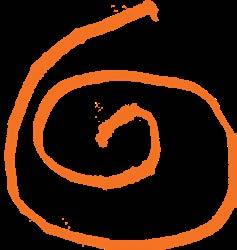



The Areca Building - Gate D - 15 Tran Ngoc Dien


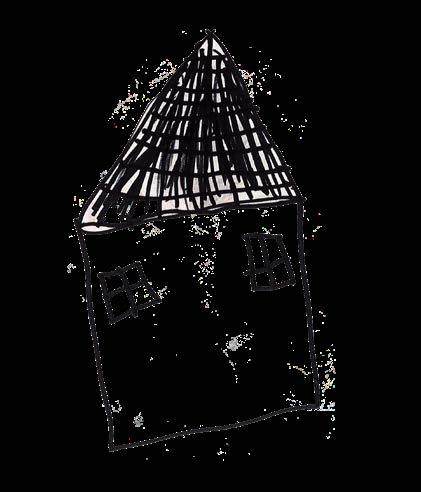
Primary Classes
• Grade 2: 7 to 8 years of age
• Grade 3: 8 to 9 years of age
• Grade 4: 9 to 10 years of age
• Grade 5: 10 to 11 years of age

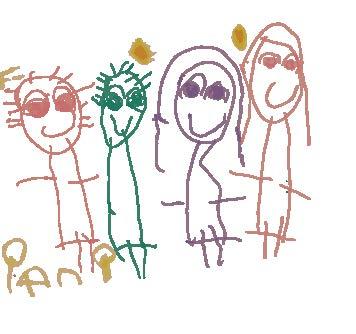



Middle School Classes
• Grade 6: 11 to 12 years of age
• Grade 7: 12 to 13 years of age
• Grade 8: 13 to 14 years of age
• Grade 9: 14 to 15 years of age



We understand that children thrive and blossom during their settling-in, when they feel safe and happy in the absence of their parents. We believe that children cannot play or learn if they are anxious or unhappy. Our settling-in procedures aim to support parents in helping their children to feel comfortable in our school, to benefit from the opportunities we have to offer them, and to feel confident that their parents will return to collect them at the end of the session.
An About My Child form will be introduced to new families, especially in the Nursery, at Aurora when they have their transition to school period with the class teachers before their official starting date. This enables a connection and partnership to develop between home and school. The information is useful for teachers to learn and understand character, habits, likes and dislikes, routines at home, and any ideas/ aspirations from family. This is the initial connector that will start the journey and build relationships with family.
We believe that children settle best when they have a Key Teacher or Primary Care Giver to relate to, who knows them and their parents well, and who can meet their individual needs.
Primary Caregiver or a Key Teacher means that it allocates one (or two) teachers to each child and these teachers take personal responsibility for the child’s overall well-being within the group when settling. As we have a strong team of teachers, each child will be allocated a Key Teacher or Primary Care Giver with whom they feel most comfortable with. The roles are a fundamental aspect for the creation of secure and responsive relationships with children and families. They are responsible for documentation and sharing information regularly with the child’s parents to keep all shared information up to date, reflecting the full picture of the child’s settling.
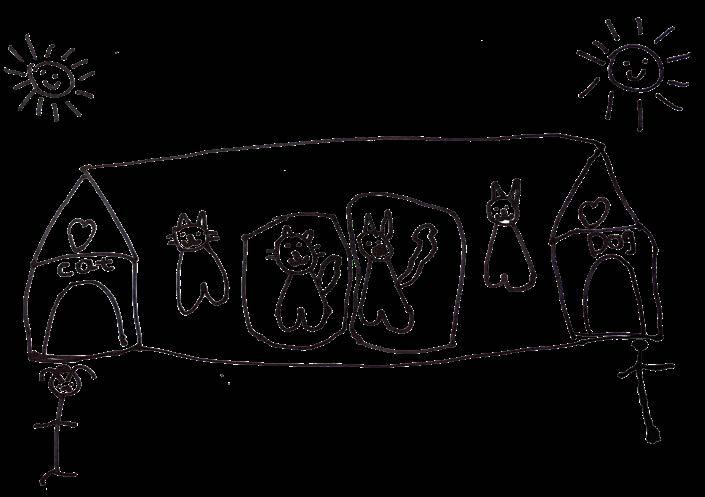
For Nursery and Preschool children, after your initial transition and orientation sessions, on the first day we want you to spend time in the classroom with them. In the Nursery this may take longer than a day, please arrive for the first day at 8:00 am. During this time, you can introduce your child to the room and have the chance to chat to the teachers about the day.
When you are in the classroom, please play an interactive role among all the children.
At 8:30 am the children will prepare to have breakfast and start the daily routines. When you leave, we ask that you say goodbye to your child and explain when you will return.
If your child is attending school for the first time, the first few days can be quite challenging for them. The first day we ask that you pick up your child after lunch, following the ‘Half Day’ plan above. During your discussion with the teacher at pick up, they will advise you if they feel another half day is needed before extending the day to full. Note that our youngest children have a full week of half days before moving to a full day schedule.
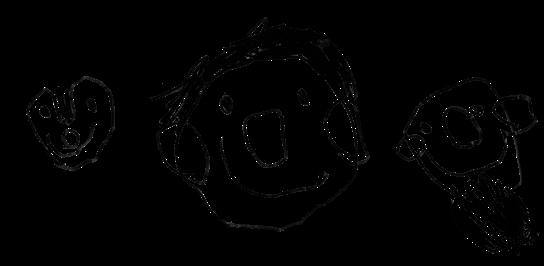
True settling doesn’t begin until you leave the classroom. We ask that you trust us and if there is any concern, we will contact you by phone, even if just to reassure you. When you leave, please leave the Aurora environment, you are welcome to wait in the office if that is more convenient for you. When you return, make yourself known to the teachers. Please do not stand at the windows to watch. We know that you want to see your child, but this can cause unsettling.
Our settling in policy is flexible for each family. We ask that you please work with the lead teacher and share any concerns you may have about your child’s settling in. We are happy to accommodate based on your child’s individual needs.


At Aurora, our approach to learning has fundamental emphasis on collaborative projects. Through their play and learning, we allow children to build on their understanding of their world, through the ‘100 Languages’. Project-based learning provides children with an opportunity to investigate and explore an area of interest. This includes inquiry-based projects, providing children with the power to construct their own learning. The project can be viewed in many aspects of the environment, such as through drawing and sculpting, dance and movement, painting and dramatic play, modelling, and music, ensuring each one of these allow children to use their senses and all their languages to learn.
Curriculum Foundation
At Aurora, our curriculum is rooted in the New Zealand Curriculum and inspired by the Reggio Emilia approach. We foster curious, compassionate, and creative learners through meaningful, integrated experiences. Students engage in inquiry-based learning across all subjects, including English, Mathematics, Social Studies, Health & Physical Education, Integrated Science & STEM, Music, and Visual Arts. This approach builds deep understanding, sharpens critical thinking, and empowers active participation in their communities.
Multilingual Program
Beyond the core curriculum, Aurora offers a rich multilingual program. Vietnamese is taught through both MoET-aligned instruction and a tailored Vietnamese Language and Culture (VNLC) program for non-Vietnamese passport holders. Japanese and Spanish language instruction further broaden students’ global outlook and cultural understanding. These offerings reflect our international context and promote respect for linguistic and cultural diversity.
Our approach champions student voice and agency, encouraging deep conceptual exploration. We draw on evidence-informed frameworks such as the Common Ground Collaborative (CGC) to support learning. All experiences are contextualised within authentic, real-world themes and enhanced through close collaboration between classroom and specialist teachers. Through this holistic and interdisciplinary model, we aim to develop confident, connected, and capable learners—prepared to thrive in a changing world and inspired by the Reggio Emilia approach. We believe in nurturing curious, compassionate, and creative learners through meaningful, integrated experiences. Across subjects—including English, Mathematics, Science, Social Studies, Health & Physical Education, STEM, Music, and Visual Arts—students engage in inquiry-based learning that builds knowledge, fosters critical thinking, and empowers active participation in their communities.
Our approach honours student voice and agency, encourages deep exploration through conceptual frameworks, and is supported by evidence-informed resources such as the Common Ground Collaborative (CGC). Learning is contextualised within authentic, real-world themes and enhanced through collaboration among specialist teachers. Through this holistic and interdisciplinary model, we aim to develop confident, connected, and capable learners prepared to thrive in a changing world.




Storypark - Pedagogical Documentation is distributed and published through the Storypark App as well as inside classrooms. The app is available at https://www.storypark.com/families/.

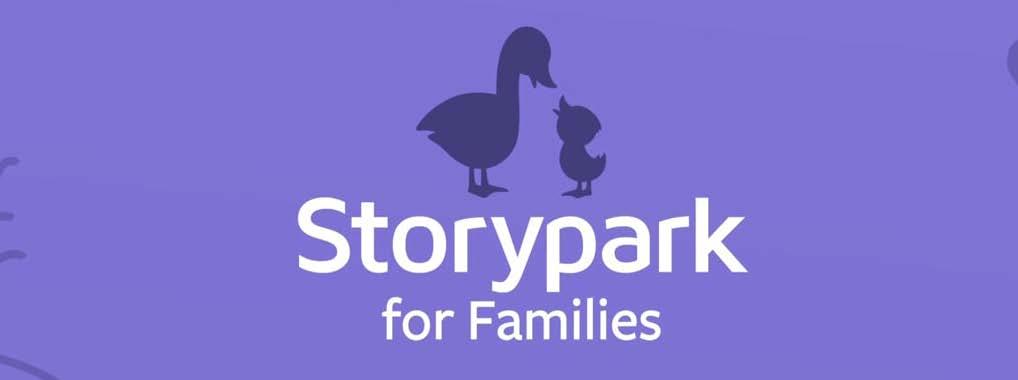

Toddle – The Toddle platform is utilised by the Junior and Senior School teams for their planning and collaboration and for all parent communication. Menus, excursion information, and other key updates are shared via Toddle. Most importantly, each individual learner’s journey is documented and shared with families via Toddle, allowing you to stay up to date on your child’s learning journey. This platform is also used to share the learners’ digital portfolios which are compiled throughout the year. You can access Toddle for Parents or download the app to stay updated on your phone or tablet via Toddle Family App Android or Toddle Family App Apple.
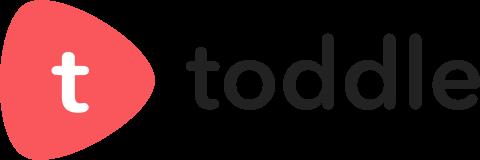
Evolution of your child’s artwork is documented in the Artistic Journey book over the course of the school year. Children receive their own Art Boxes, which they decorate and label to keep various 2D and 3D pieces of artwork stored safely.
Every class project is documented at the end of the school year in the form of a Publication book designed per class. The class publication is for sale to parents of their relevant class who understand the project evolution and their child’s contribution to the project.
Panel Documentation is visible in each classroom and around the school. Parents are encouraged to participate in gallery walks with their children at the beginning or end of a day to reflect on the child’s learning experiences and journey.
Preschool parents receive reflections with an overview of the learning taking place, as a group, three times per week through Storypark. A child’s individual learning and journey is documented over time through learning stories. These stories strengthen and shape the identity of the learner and the engagement of parents. Parents can collaborate with their child’s teachers and communicate on learning taking place at school and at home through the App.
Primary and Middle School families will receive updates throughout the week from their child’s class and collaborative teachers. These will include group stories with updates on what the class, or some of the class, have been learning, and also individual reflections and updates on their own child.
Portfolio pieces are shared digitally through Storypark and Toddle applications, and tangible portfolio pieces are also shared at the student-led conferences and the celebration of learning.
Individual Reports are distributed twice a year, one mid-year and one at the end of the year for all learners.
Storypark and Toddle are the platforms that teachers will use to share photographs, descriptions, dialogue and artwork from your child’s day. Please note that Storypark is designed specifically for Nursery and Preschool and Toddle is for Primary and Middle School families. All important information regarding the learning process, menus, plans, upcoming events, field trips, etc. will be sent to the families via Storypark and Toddle, so please make sure you accept the invitation you will be sent and check it daily.
They are also the places where parents are welcome to communicate with the teachers and share with the class and school community. We encourage families to enter dialogue through the apps as we share your child’s learning experiences and cognitive development, working together in the best interest of your child.
We ask that communication is kept positive and encouraging on public posts. Should parents need to raise a concern or discuss sensitive matters, we request that you use the conversation tab on Storypark or email the teachers using their class email addresses.

If at any time you would like to meet with a teacher, please communicate this desire with them and share a time that would be convenient for you. We encourage any communication between our families and teachers and provide a tailored learning experience for your children. We ask parents to always communicate with the class teachers as their first contact before communicating with the office about your child’s learning and daily experiences. Feedback is always greatly appreciated.

A strong part of Aurora’s philosophy of working with children is the partnership between School and Family. We view both parties as co-educators to your child’s developmental progress. Teachers will be encouraging family participation throughout the year, and we encourage our parents to get involved in casual, informal ways to understand how your child learns at Aurora. This can be as simple as joining your child’s class for storytelling, playing games, sharing expert knowledge, or co-creating a work of art.
The Preschool offers Family Assemblies once a term where we invite parents to join their child’s class to share in the learning and morning routines. Individual family meetings occur three times per year. This is a good time to find out how your child is generally doing and the learning journey they are on over the year.
The Primary and Middle School invites parents to Conferences at specific times in the year. These involve 3-way, 2-way and student-led conferences. Goal-setting and reflections occur during these events and are crucial in maintaining a steady path to successful learning.
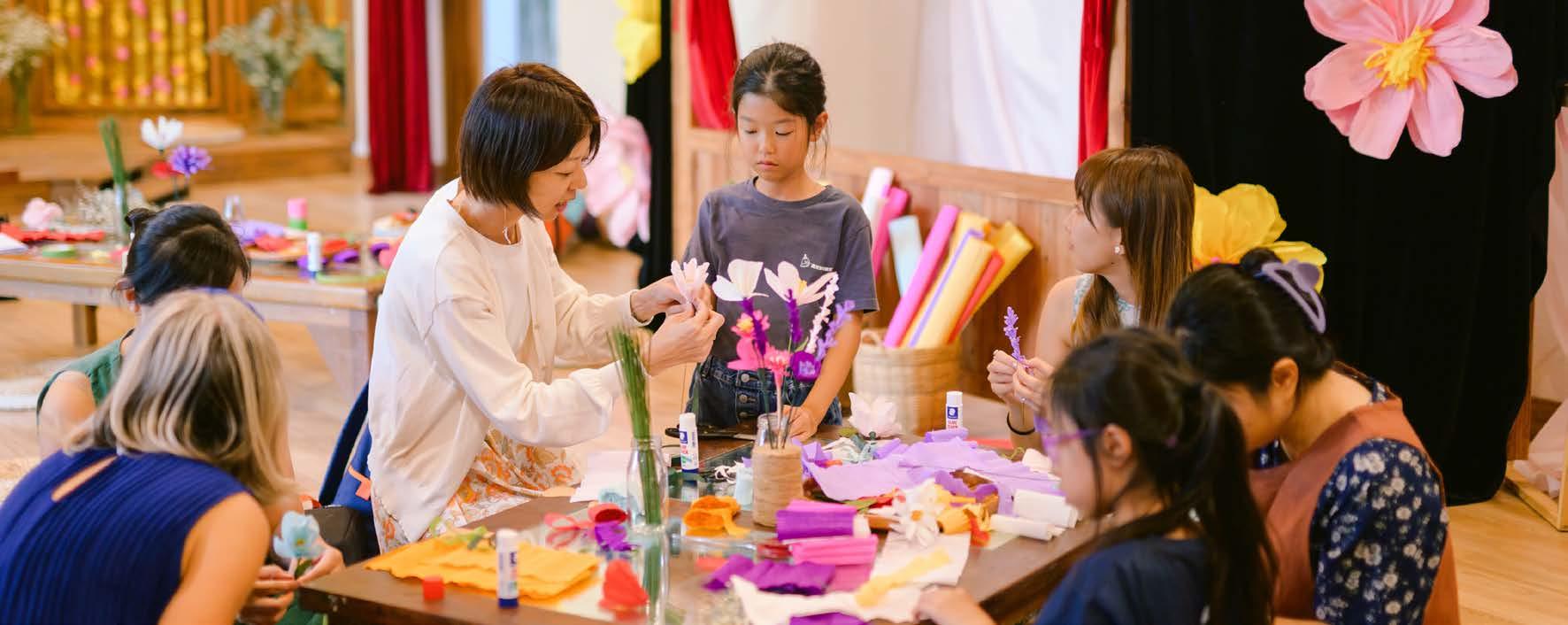


At Aurora, the kitchen has always been an important element of quality in the identity of school culture, conveying values and choices to support the educational project. The kitchen is a place of symbolic and cultural significance, expressing care, attention to others, and the value of differences in customs and traditions. The kitchen will prepare food with respectful of children and learners’ differences and support each child with food safety such as dietary needs or food allergies.
The school menu is sent out weekly to update the food and nutrition plan to all parents.



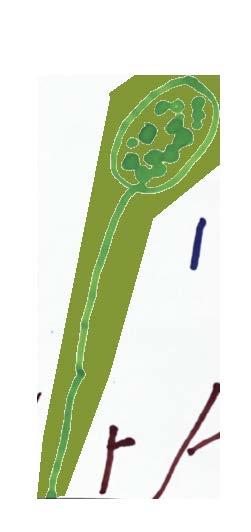



At Aurora, we believe that learning extends beyond the classroom. Our Enrichment Program is designed to nurture the whole child—fostering creativity, confidence, collaboration, and curiosity through experiences that extend and complement our core curriculum. These activities provide opportunities for learners to explore their interests, develop new skills, and connect with peers across year levels. It will include a diverse range of after-school activities for learners in Prep, Primary, and Middle School.
While the final list of offerings is still being developed, past examples of enrichment opportunities have included: Junior Engineers, Coding and Robotics, Video Game Design, Movement and Dance (Hip Hop, Ballet), Judo and Team Sports, Chess and Strategy Games, Vietnamese Games and Crafts, Fashion Design and Sewing .
Activities typically run from 3:15 PM to 4:15 PM, Monday to Thursday, and will be available by semester registration. For any initial enquiries, please contact the Admissions team at admissions@auroraschool.vn.

Throughout the school year, we celebrate learning and culture as a meaningful way to embed Vietnamese and other cultural identities into our educational philosophy, offering the Aurora community a strong sense of history and tradition rooted in the host country.
These celebrations allow us to integrate cultural elements into daily practice, enriching the overall learning experience. We also embrace the concept of “the environment as the third educator,” encouraging learners to take an active role in transforming the school environment during each celebration. To further strengthen the partnership between children, families, and the school, we actively involve families through workshops, shared experiences, and
opportunities to contribute their cultural knowledge—fostering a connected, inclusive, and supportive community.
Some celebrations take place within classrooms between teachers and children, while others are designed to invite families to participate in school-wide events. These celebrations include Vietnamese Culture Week, Enchanted Garden, Mid-Autumn Festival, Halloween, Book Week, Winter Celebrations, Tết, Women’s Day, International Culture Week, Swimming Day, Sports Day, Children’s Day, and Disco Party (for Primary and Middle learners), Celebrations of Learning, as well as educational conferences, and family connection events.
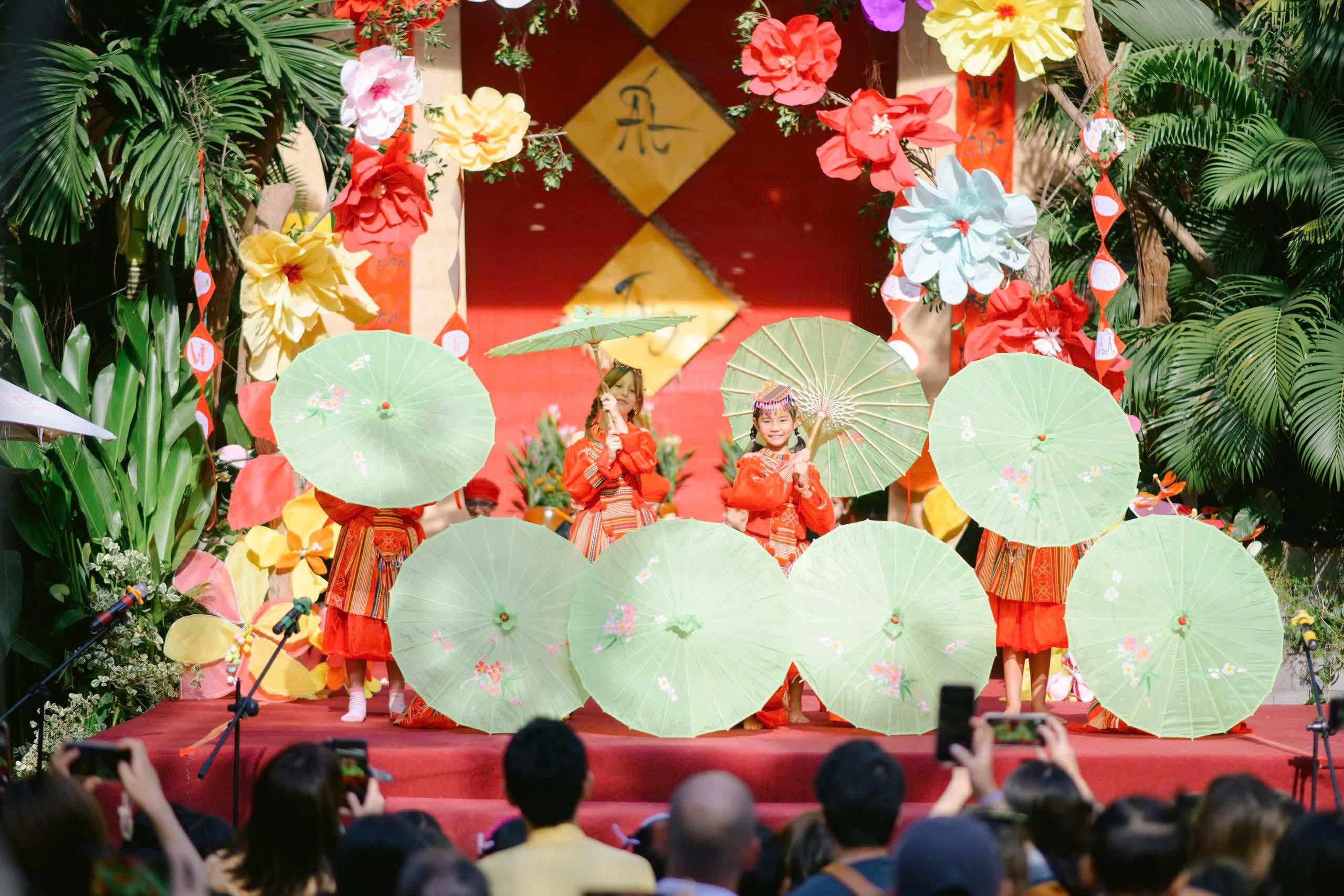

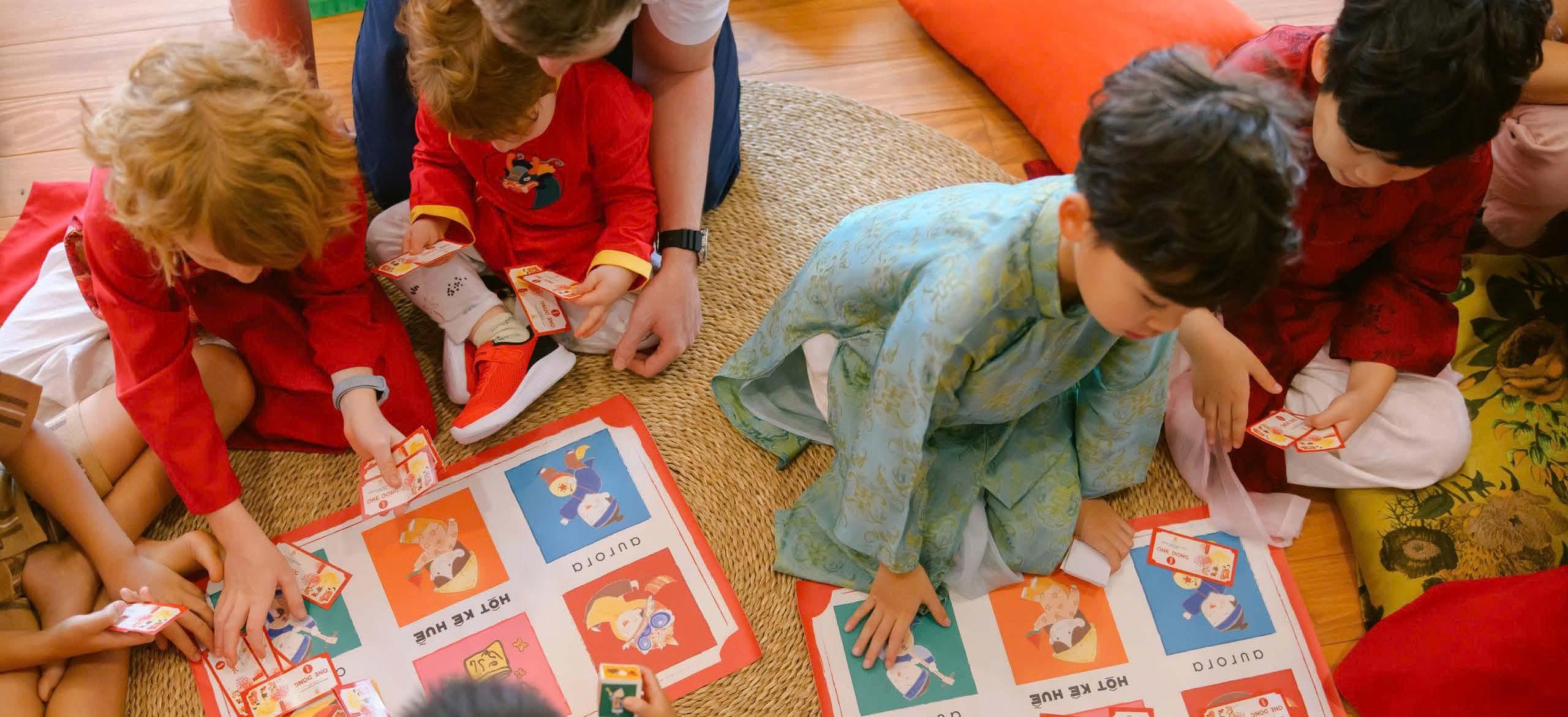
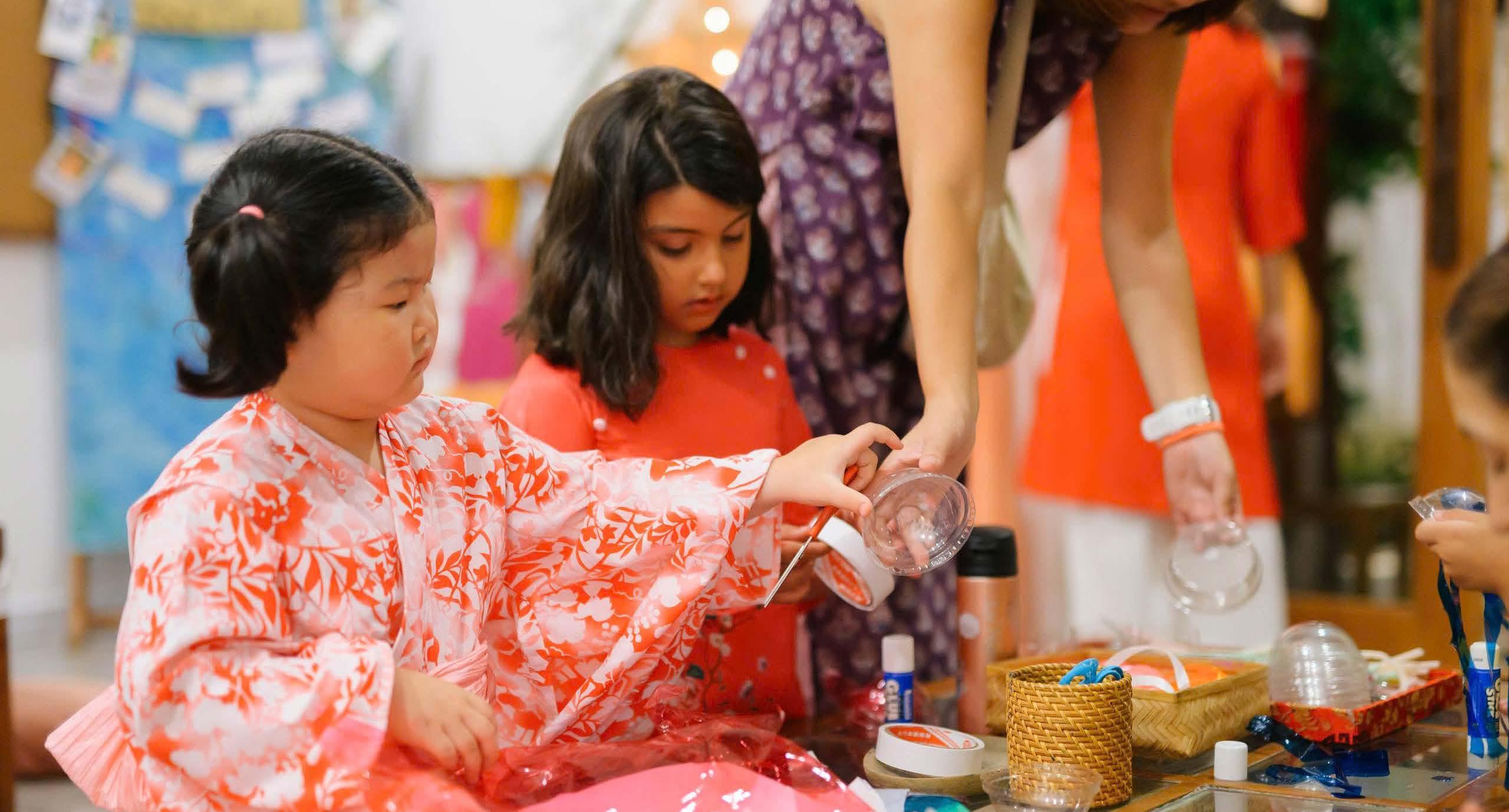


As an extension to foster a literature-rich environment, the Atelier of Books is in development throughout the school year to house the school’s 800+ books. Children and families are invited to this atelier to immerse themselves in rich resources to create a love of reading and storytelling.
The Atelier of Books plays a central role in any school by being a hub of knowledge and storehouse for information. It plays a significant role in the life of a child.
At Aurora this atelier will play a central role in the implementation of the academic and enrichment programs. It will act as a steppingstone in which children are supported in their journey towards developing self-confidence and academic prowess.
Children and learners need to do research to find answers to the questions during the process of inquiry for their ongoing modules project. The library plays a central role by procuring and providing a range of resources both print and digital, from Preschool to Middle School, to support the inquiry.

The Atelier of Visual Arts is a space that makes it possible for children to encounter interesting and attractive contexts, where they can explore a variety of diverse materials as well as techniques that have expressive and infinite possibilities. The expressive languages are just as essential as the academic disciplines and should not be considered optional or marginal as the whole child is educated with the ‘100 Languages’ in mind.


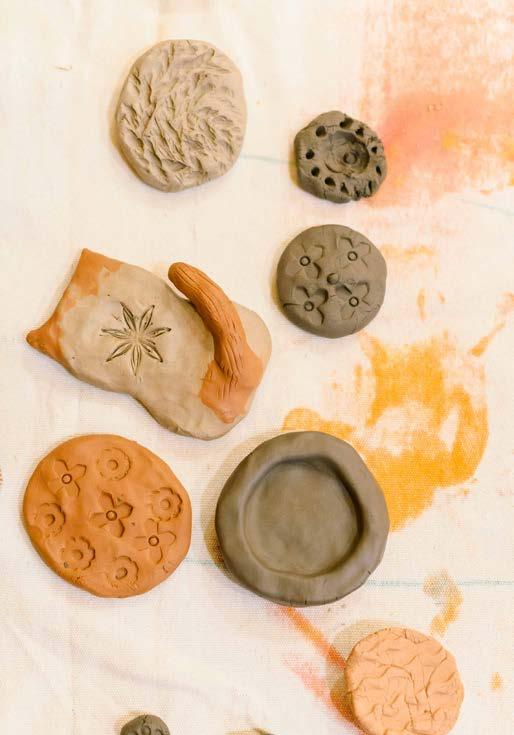


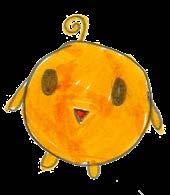
Everybody who is involved with Aurora is integral to the development of the children.
Each room has a differing number of adults depending on the age and number of children in each class. In charge of pedagogy in each class is the Lead Teacher and Co-Teachers, who head the projects, documentation and are the first point of contact for communication with families. The Co-Teachers in each class support the Lead Teachers with their duties, documentation, and care of the children.
With a deep understanding and knowledge of tools, materials and mediums used in Reggio Emilia schools, our Atelieristas help the children and teachers to realise their long-term projects, making them become real, effective, with a high sense of aesthetic, and multi-dimensional.
The Library Teacher plans various learning engagements to encourage children to engage in literature at each age. These planned sessions help children not only find a love of stories but to think critically and find the value in print. With technology finding its way into the hands of our children.
The PE Teachers provide a physical education programme that includes swimming, water safety and PE classes for all age groups, as well as integrated health education to promote physical, mental and emotional health and wellbeing.v
The school Nurse is available to ensure that every child and member of the Aurora community is in good health. She provides a safe and warm environment for children who are feeling poorly and advises school staff on health and safety policies and procedures.
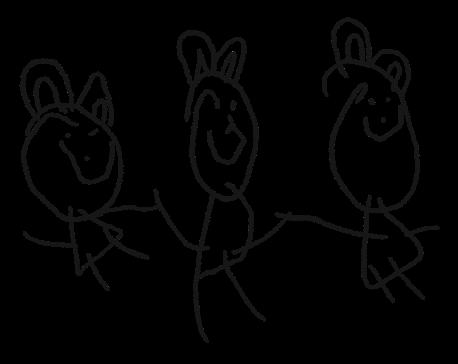


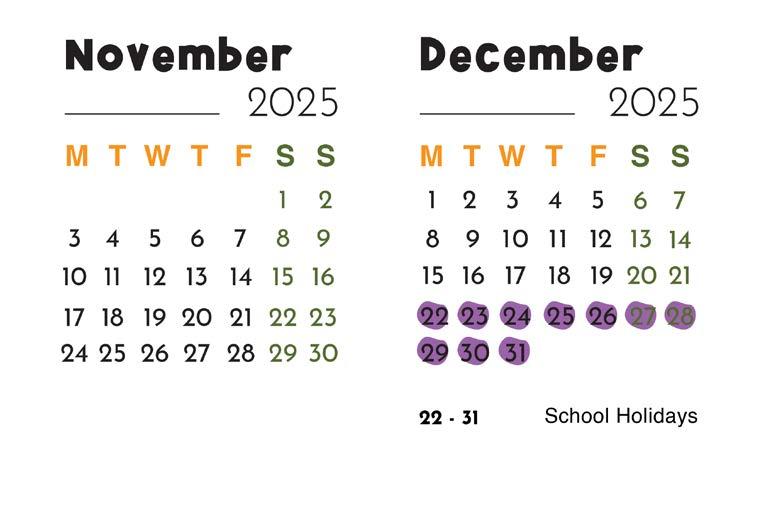



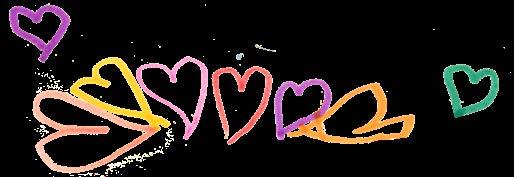

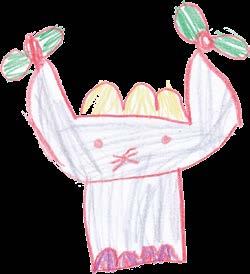
This is a general daily schedule for the Aurora children. The times for lunch, nap and resting time vary depending on the children's age.
7:45 AM – 8:30 AM: Morning Arrival – this is the time for the children to arrive at school. Arriving during this time ensures the children start the day together and fosters a sense of belonging.
8:30 AM – 9:00 AM: Breakfast.
9:00 AM: Assembly – a time to gather and introduce the day and plan.
9:00 AM – 11:00 AM: Exploration and Project investigation – possibilities includethe following:
• Dramatic play
• Construction
• Project time
• Outdoor Exploration
• Swimming
• Field Trips
• Atelier investigations
• Research and exploration
• Sensory exploration
• Emergent literacy and math
11:30 AM: Lunch – shared with teachers in small groups on terraces

12:00 PM: Children who only attend in the morning prepare to go home and are picked up. Full-day children change clothes and prepare to nap or rest.
12:00 PM – 2:00 PM: Nap time and quiet time – the children sleep in a cool, darkened space with a nap set provided by the school.
2:00 PM – 2:15 PM: Wake up – the children slowly rise from their nap and prepare themselves for the afternoon by washing their faces and changing clothes.
2:15 PM – 2:45 PM: Afternoon tea
2:45 PM - 3:30 PM: Inquiry based-learning
3:30 PM – 4:00 PM: Departure – parents are invited to begin picking their children up during this time
4:15 PM: School closes.
At Aurora International School of the Arts, our daily rhythm is thoughtfully designed to nurture wellbeing, spark curiosity, and engage learners in meaningful inquiry. Inspired by the New Zealand Curriculum and the Reggio Emilia approach, the structure of the school day supports the holistic development of every learner.
7:45 AM | Morning Arrival – Learners arrive and settle into the day. Calm, intentional transitions build a strong sense of belonging and readiness for learning.
8:00 AM – 8:20 AM | Breakfast - Breakfast is available for learners who arrive early. We encourage arrival before 8:20 AM if children will eat at school.
8:30 AM – 8:45 AM | Morning Assembly & Community Time - A daily gathering to welcome the day, share announcements, and build community through mindfulness, storytelling, or music.
8:45 AM – 12:00 AM | Morning Learning Block - Dedicated to deep engagement with the New Zealand Curriculum strands through integrated and inquiry-based learning. Learning may include:
• English (Listening, Reading, Viewing, Speaking, Writing, Presenting)
• The Arts (Music, Visual Arts, Dance, Drama)
• Health and Physical Education (Movement, Relationships and Sexuality Education, Hauora, and Swimming)
• Mathematics and Statistics (Number and Algebra, Geometry and Measurement, Statistics)
• Science and Technology
Science strands: The Nature of Science, Living World, Material World, Physical World, Planet Earth and Beyond
Technology strands: Technological Practice, Technological Knowledge, Nature of Technology

• Social Sciences (Identity, Culture, Organisation, Place and Environment, Continuity and Change, The Economic World)
• Languages (Vietnamese, Vietnamese Language & Culture, Japanese, Spanish)
• Library and Literacy Enrichment
• Investigative Research, Conceptual Inquiry, and Portfolio Documentation
12:00 PM – 12:30 PM | Lunch – Shared meals in the “Atelier of Food” offer time to build social-emotional connections and foster a culture of care, mindfulness, and gratitude.
12:30 PM – 1:15 PM | Recess - Outdoor play and indoor free choice activities provide time for movement, creativity, and peer interaction.
1:15 PM – 3:00 PM | Afternoon Learning Block - Continued learning through specialist sessions, collaborative projects, reflection, or integrated curriculum time. Learners explore, document, and make meaning through sustained inquiry.
3:00 PM – 3:15 PM | Afternoon Tea - A light snack and time to gently transition toward the end of the day.
3:15 PM – 3:30 PM | Departure - Learners are collected by families or board the school bus. Teachers support smooth, safe transitions.
3:15 - 3:45 PM | Enrichment program
4:15 PM | School closes




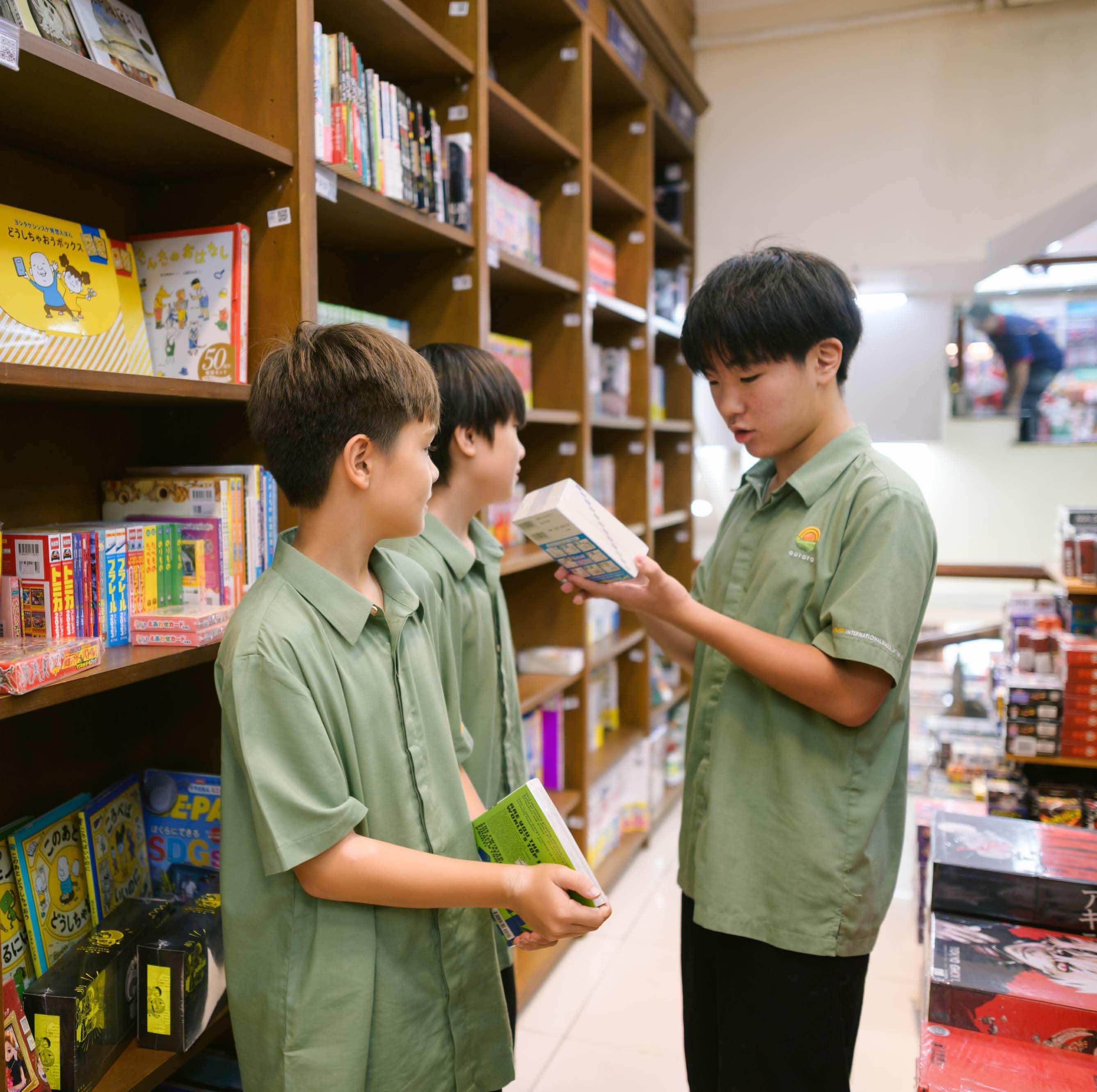

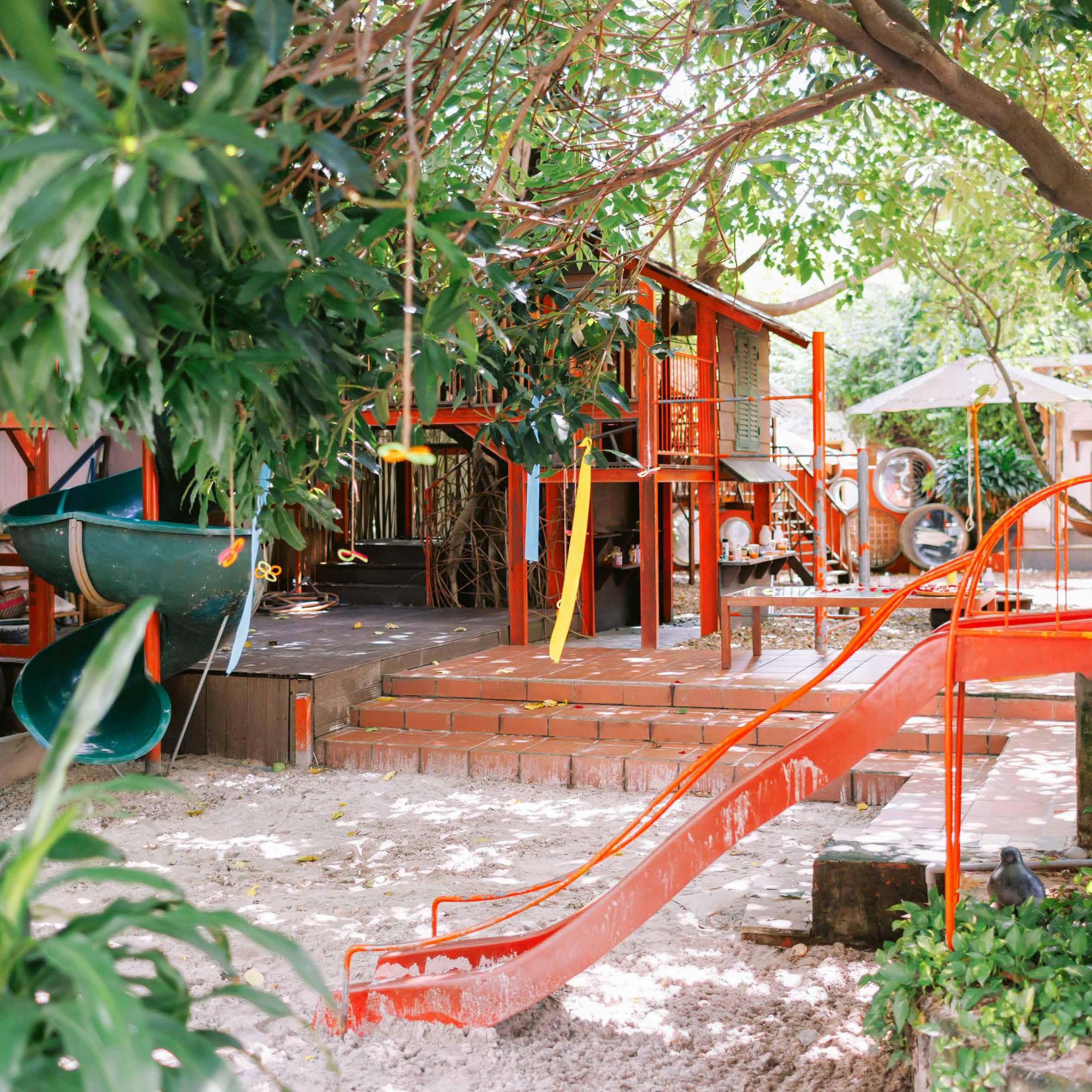
Thank you for taking the time to read through this information. Please do not hesitate to contact us with any questions you may have, or anything on which you would like further clarification.
We are looking forward to getting to know you all and having you as highly respected and valued members of our Aurora Community.
Warm regards, Aurora Management Team
